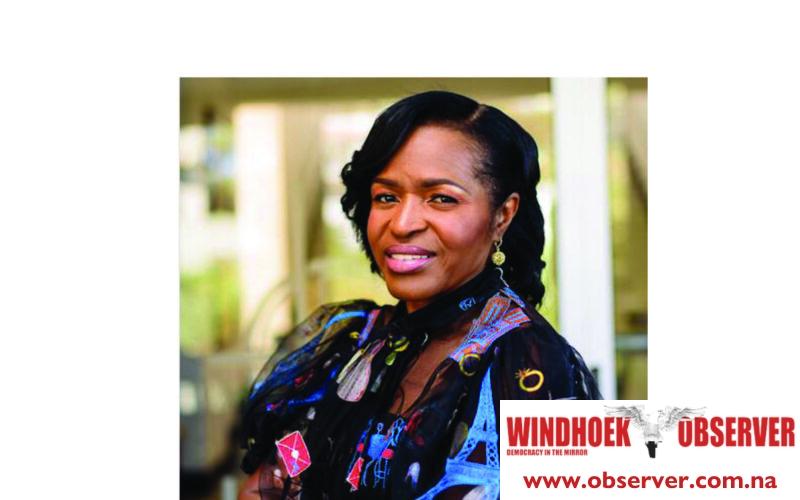Allexer Namundjembo
Renowned ophthalmologist Helena Ndume has called for investigations into the Central Medical Store (CMS), saying inefficiencies and corruption are blocking access to essential medicines.
She made the call at Onandjokwe Hospital in Oniipa on Thursday, where she is leading a campaign to restore sight to 500 patients.
CMS serves as Namibia’s main warehouse and distribution hub for medicines and related supplies to public health facilities across the country.
“I am putting my head on the chopping board, but I have to say this. Something has to be done at the Central Medical Store. Investigations have to be done. That is where we have to start if we want the whole process to go smoothly, like how the minister is saying,” she said.
Ndume said she struggles to secure sponsorships for her campaigns.
“It is always good when I am sitting in the theatre and just saying, ‘Next patient, please.’ But it is the hardest thing to get sponsors for this project. I sit in front of the computer requesting and searching for donations, which is not an effortless thing,” she said.
She blamed inflated costs in the health sector on middlemen.
“If we are to eliminate middlemen, there will be no reason for us begging for donations. There will be enough for everyone. Like our President likes to say, we are too few to be poor and to be hungry; it is very true. The government gives so much money for the procurement of medicines, but the middlemeninflate the prices,” she said.
Three days ago, the ministry of health and social services eliminated the use of middlemen in procuring medicines and clinical supplies, opting to purchase directly from international manufacturers and wholesalers. Health minister Esperance Luvindao said the strategy had already paid off, with savings of more than N$221 million recorded in the first phase.
Ndume criticises the lifestyles displayed by some intermediaries.
“You will find them on social media with their wives or girlfriends displaying their Gucci or Louis Vuittons while there are no medicines in hospitals. One might ask oneself, what type of people are these? Do they even sleep at night knowing that there are no medicines in hospitals?” she asked.
Under emergency procurement reforms guided by the Public Procurement Act of 2015, the health ministry engaged 41 prequalified vendors.
The CMS has long faced criticism over inefficiencies, poor stock management, and alleged corruption. In 2023, the line ministry admitted severe shortages of critical medicines and equipment at public facilities, partly due to procurement bottlenecks at CMS.
This week, the ministry announced it will introduce track-and-trace barcoding to monitor medicines from storage to patients.
The reform will be carried out in one secure facility, with long-term pharmaceutical contracts finalised through the Central Procurement Board of Namibia (CPBN) after legal disputes delayed the process for four years.
This also follows as the ministry admitted drug stock-outs continue despite an N$1.8 billion allocation for pharmaceuticals and clinical supplies in the 2025/26 financial year.
According to the ministry, for the past two financial years, the service level at the CMS has been less than 57%, falling short of our required target of 80%.”
Earlier this year, the ministry faced criticism over the emergency procurement of malaria medicine when member of parliament Job Amupanda alleged it paid N$1 500 per pack for 300 packs, three times the usual price.
The ministry responded that only one supplier, West Pharmaceuticals, could deliver within a week, while others quoted similar or higher prices with longer lead times.
The auditor general’s 2022/23 report showed the ministry spent N$54.8 million on emergency, direct and restricted procurement.
This included N$19.2 million on emergency procurement and N$35.6 million on direct procurement, which did not fully comply with the Public Procurement Act of 2015.




